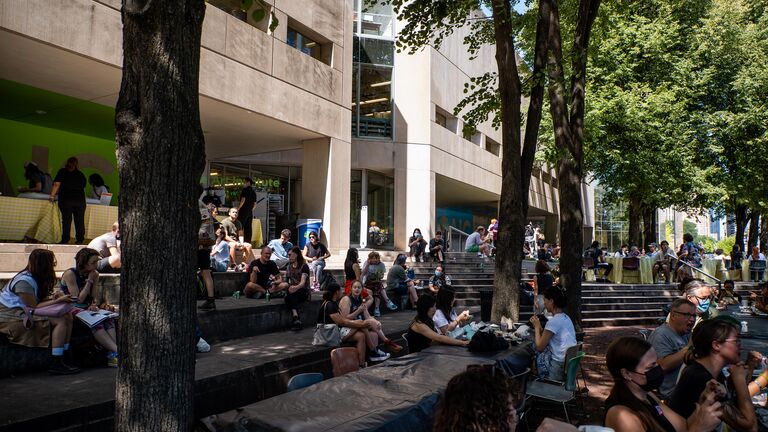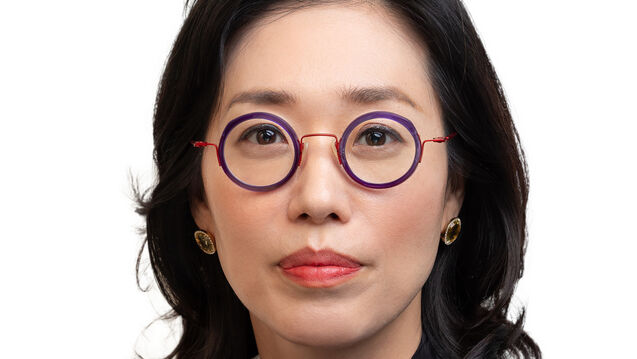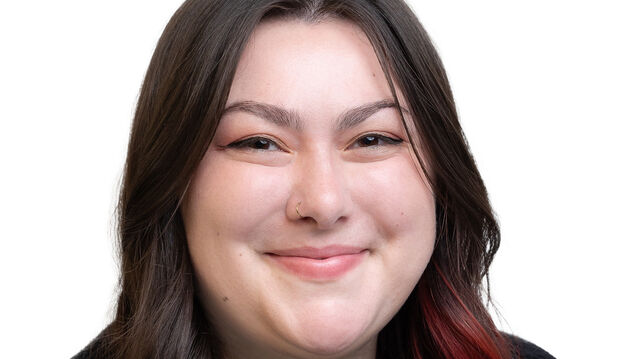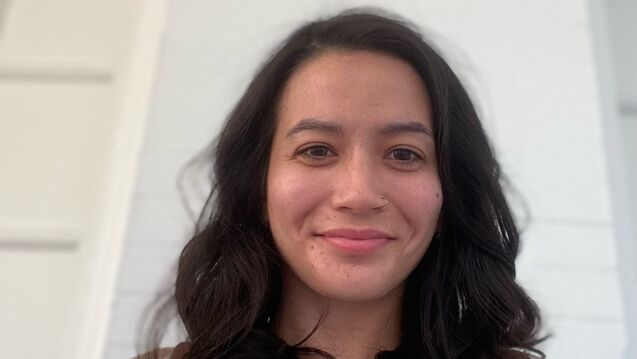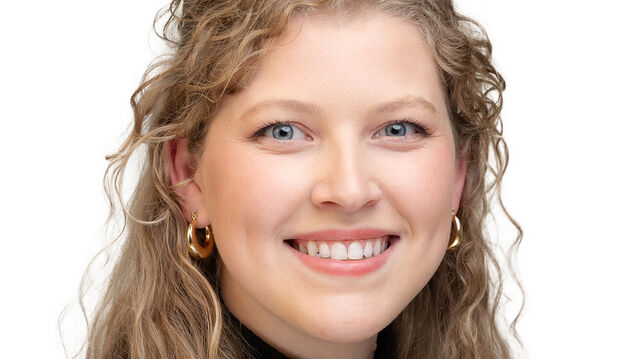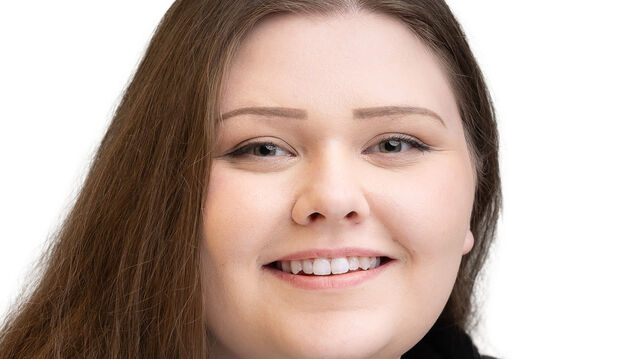Supporting Students
SAIC is committed to fostering a community of artists and scholars built upon respect for others and personal well-being. Staff members in the Office of Student Affairs are available to assist students with a wide-range of issues and concerns that might arise during their time at SAIC. These issues include mental and physical health challenges, conflicts with others, and community standards. These webpages are meant to be a hub for students who are seeking help with personal issues or trying to learn about resources available to them.

Here to Help
Getting & Giving Help
Staff in SAIC's Office of Student Affairs are available to assist students with a wide range of issues and concerns that might arise during their time at SAIC. These issues include mental and physical health challenges, conflicts with others, and community standards.
Resolving Conflicts & Concerns
A strong community depends on respect for the rights of others, considerate behavior, and good judgment. We are committed to contributing to students’ overall growth and development by offering a variety of options to help maintain shared community expectations. Please follow the link below to find out more about how to be a supportive, active, and communicative member of the SAIC Community.
SAIC Fashion Show 2017
Student Support Team
The Student Support Team is a multi-disciplinary group including representatives from Academic Advising, Residence Life, the Wellness Center, International Student Affairs, and Korean and Chinese Student Advising. Led by the Director of Student Support, these individuals meet weekly to consult, provide guidance, and offer support for students who are struggling with health or personal concerns. The purpose of the Student Support Team is to facilitate the best support possible for students in order to promote their academic, personal, and artistic well-being.
If you are looking to get in touch with the Student Support Team to seek help for yourself or another student, contact the Office of Student Affairs at 312.629.6800, studenthelp@saic.edu, or come to OSA’s office in Sullivan Center, 36 South Wabash Avenue, room 1204.
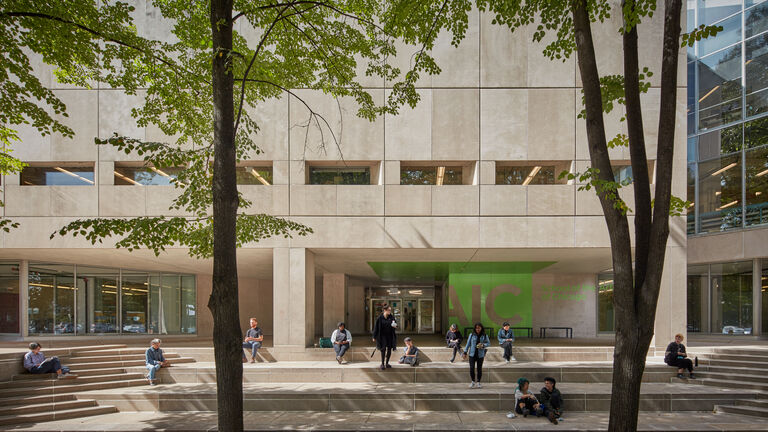
We're Here to Help
Student Support and Conflict Resolution staff members promote student success and well-being through assisting students with a wide range of issues and promoting a healthy and respectful community. We assist students with personal concerns, implement wellness programming, help students resolve conflicts, uphold community standards, and provide support to first-generation students.
Deans on Call
Within the Student Support Team, the Deans on Call are a group of staff members who are available 24 hours per day, 365 days of the year for consultation and assistance on urgent matters. You might work with a Dean on Call if you're a student with a significant personal issue or if you're a faculty or staff member looking for consultation on an urgent student concern. If you’re looking to get in touch with a Dean on Call, contact Campus Security at 312.899.1230 and ask to speak to a Dean on Call.
Professional Staff on Call
The Professional Staff on Call are available 24-hours per day to provide assistance to students living in the residence halls. These staff members live in the residence halls and can respond to concerns as needed. You may work with Professional Staff on Call if you're a student with an urgent concern in the residence halls. In Jones Hall and 162 North State Street, contact building security to connect with professional staff. In the Buckingham, contact the RA on call.
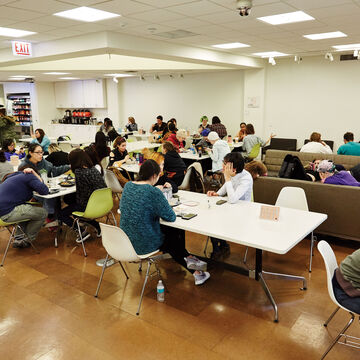
Spoonful Pantry
Staying Healthy
Incorporating healthy habits into your life now can lay the foundation for maintaining good habits throughout your artistic career. To assist in your personal health, we invite you to take advantage of the wellness opportunities offered by our office throughout the year, including petting therapy dogs and attending programs sponsored by SAIC’s Compassion and Belonging Grant.
The following are suggestions we’ve heard from SAIC students as being the most effective at improving your overall well-being. We do not recommend tackling these all at once! Pick an area you want to focus on and work on that for a period of time. It can be hard to make multiple major life changes at once!
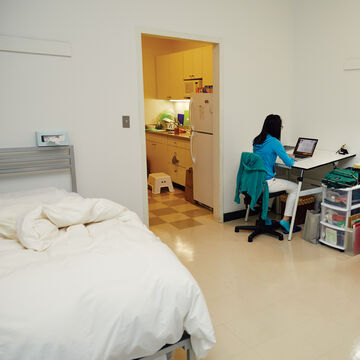
Sleep Well
Our bodies wait until we’re asleep to flush out the toxins and waste our brains produce during the day. A good night's sleep leads to muscle repair, memory consolidation, and the release of hormones that regulate growth and appetite. It also means maximum alertness when working with potentially dangerous artmaking equipment.
Tips for good sleep:
Get Regular: Try to go to bed and get up around the same time each day.
Sleep when Sleepy: When you notice you’re feeling sleepy, go to bed. Don’t power through.
Get Up and Try Again: If you’re having trouble falling asleep, get out of bed, do something calming, and try again to return to bed and fall asleep.
Avoid Caffeine and Nicotine: Smoking or consuming caffeine within 4-6 hours before bed interferes with sleep.
Avoid Pre-Bed Screen Time: Using mobile devices or a laptop before bed limits your melatonin production; a crucial sleeping hormone.
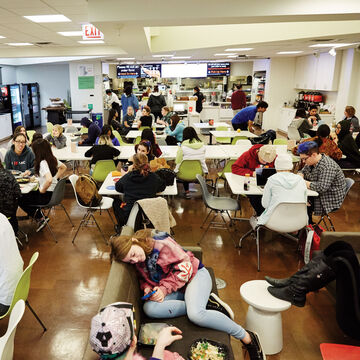
Eat Healthy
Good nutrition helps you stay energized (important when in a 9-4!), reduces your risk of chronic diseases (like heart disease and cancer), and promotes your overall health.
Tips for good nutrition:
Snack Responsibly: Pack healthy snacks when you go to class so you’re not tempted to grab less healthy and more expensive food on the go. Healthy snack ideas include apples and peanut butter, nuts, Greek yogurt, carrots and hummus.
Research Fruits and Vegetables: Not all fruits and vegetables have the same nutritional value. Do your research and eat the healthiest!
Avoid Heavily Processed Food: Focus your diet on foods that have undergone the fewest chemical/mechanical changes to their original form.
Supplements are not Substitutes: Taking a multivitamin is fine, but it’s not a substitute for eating well.
Eat Whole Grains: This includes brown rice, quinoa, black beans, and 100% whole wheat bread.

Exercise
Regular physical activity can improve your muscle strength, boost endurance, and improve your cardiovascular system. It provides crucial energy for those long studio sessions.
Tips for exercising:
Create a Schedule: Plan when you want to work out and prioritize it.
Find a Fitness Buddy: Find someone who will hold you accountable and work out with you.
Download a Fitness App: Wherever you get your apps, there are a number of options that track your fitness progress.
Eat Right and Sleep Well: Your body will perform better athletically if you’re well rested and have appropriate nutrition.
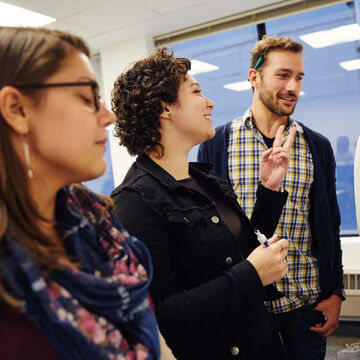
Connect with Others
Although we all have different needs when it comes to social connection, social isolation has been connected to a variety of physical and mental health problems.
Tips for staying connected:
Engage: Visit engage.saic.edu for a list of all the events and student organizations on campus.
Know Yourself: Spend the amount of time with others that feels right for yourself. It’s okay to take some time to yourself.
Parties or 1on1s: Some people love group gatherings. Some people love time with a close friend. Prioritize what makes you feel best.
Stay in Communication: If you feel like you need a short break from people, let your friends know what’s going on so they don’t worry.

Drink Water
Your body is about 60% water. Drinking enough water helps with energy, kidney function, skin appearance, and digestion. It’s also cheaper (free) than processed drinks!
Tips for drinking enough water:
Keep Track: Experts recommend drinking a half-gallon per day. The closer you get to that amount, the better.
Carry a Water Bottle: Keep a water bottle with you to class and use it keep track of your intake.
Limit Sodas and Juices: You don’t need the added sugar (or cost) of processed drinks. Your body is built to drink water!

Clean Up
As an artist, it's easy to let your space become cluttered. Organizing and cleaning can do wonders for your mental health.
Tips for cleaning up:
Make a Schedule: Work with your roommates to schedule all the major cleaning tasks that need to happen and stick to it.
Let it Go: Does having a certain possession excite you? If not, it may be time to get rid of it.
Put Things Away: The floor is not "away." If something doesn’t have a spot, create one. If there is no spot, you may want to get rid of it.
Talk to Your RA: If you live in the residence halls and you’re having trouble getting on the same page as your roommates about cleanliness, ask your RA for help.
Contact Us
Student Support
Sullivan Center
36 S. Wabash Ave., Suite 1204
Monday through Friday, 8:30 a.m.–4:30 p.m.
312.629.6800 studenthelp@saic.edu
